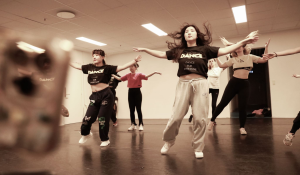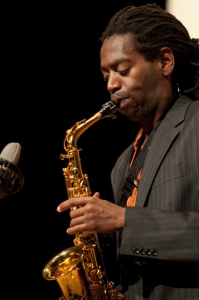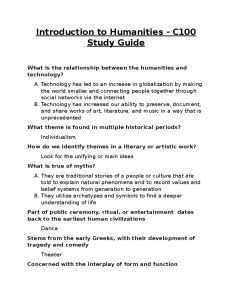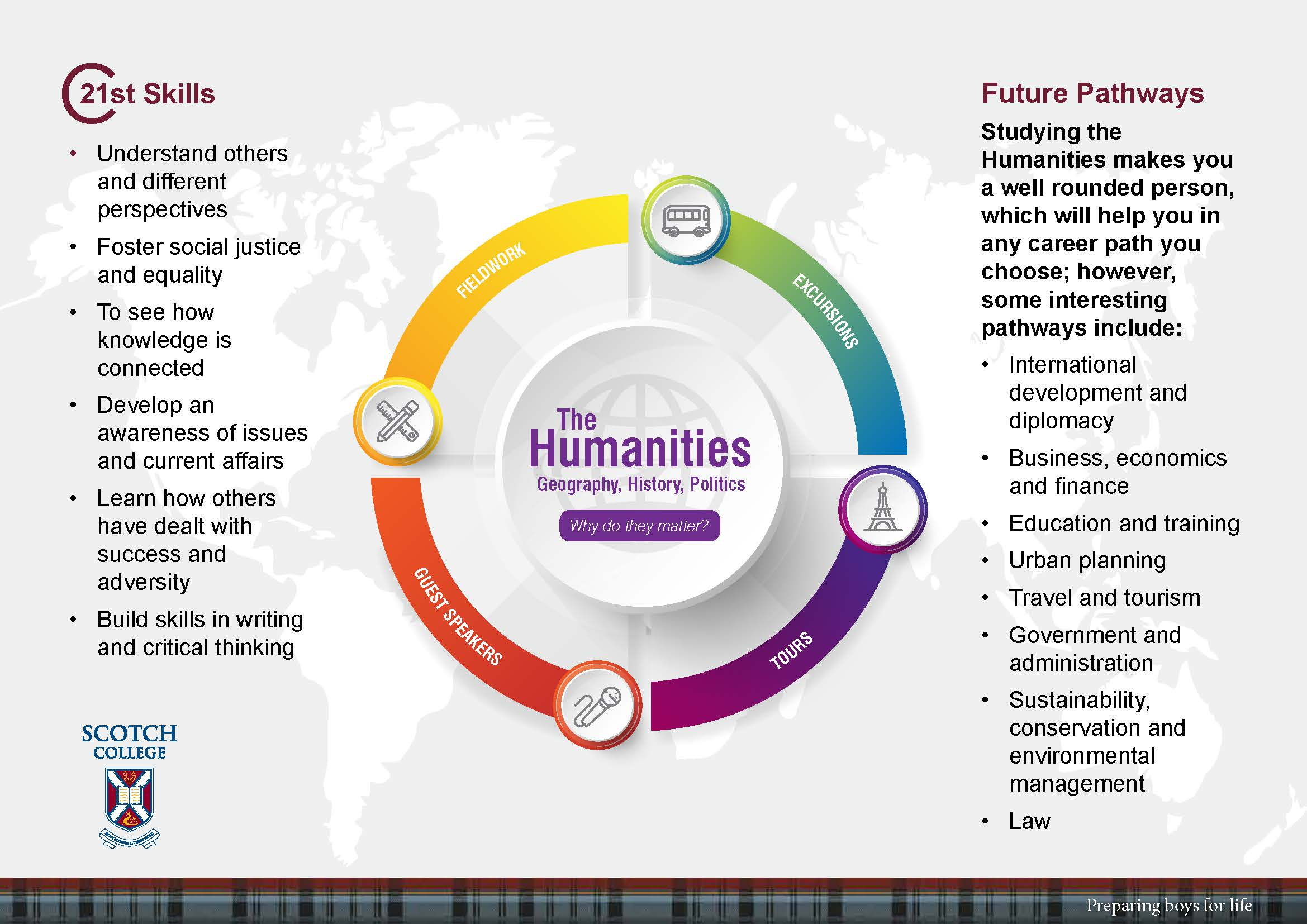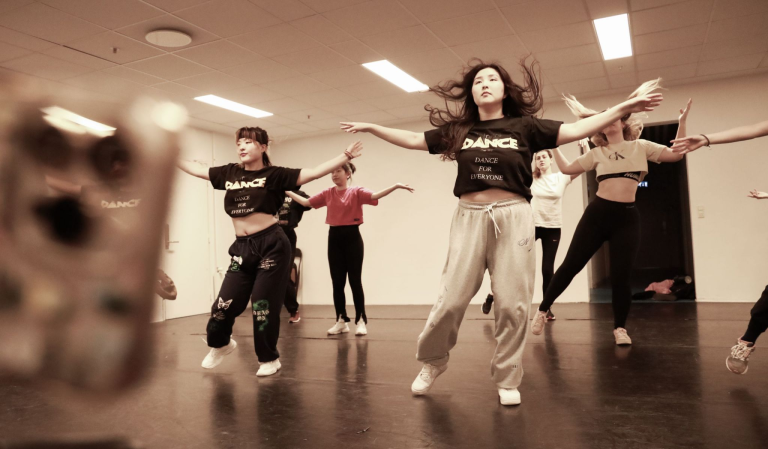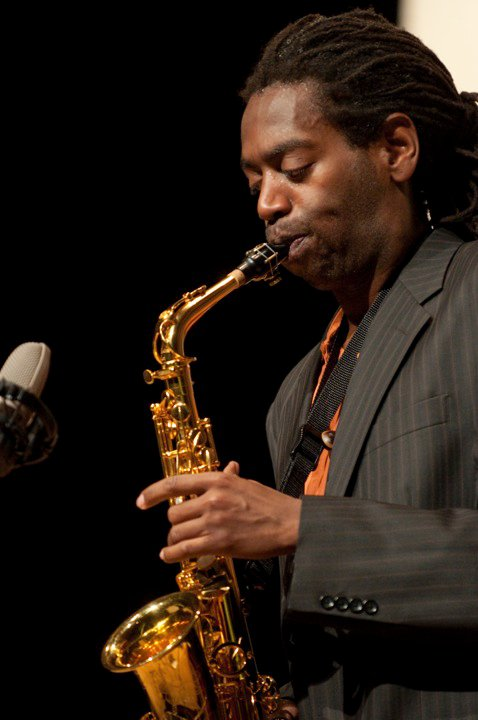Humanities courses are essential gateways for students seeking to explore the rich tapestry of human experience through the lens of arts and humanities. As the upcoming fall semester approaches, exciting new introductory courses are set to engage first-year students in profound ways, making these offerings not just educational, but transformative. Experts emphasize the importance of student engagement and community building within humanities education, aiming to counter the decline in enrollment seen in recent years. The revitalization of arts and humanities studies not only encourages critical thinking but also fosters a deeper appreciation of culture, creativity, and human connection. With a diverse array of subjects covered in these courses, students will have the opportunity to discover their passions and broaden their perspectives, ensuring that the humanities remain a vibrant part of their educational journey.
Exploring the realm of humanities education opens up a world where the complexities of human culture and arts intertwine to shape our understanding of society. By introducing students to foundational subjects through various introductory offerings, these courses promise to captivate and inspire a new generation of learners. This academic approach not only enhances engagement among first-year students but also emphasizes the importance of critical inquiry and artistic appreciation in modern education. As the fall semester presents these innovative pathways, it encourages a renewed interest in the disciplines defined by their exploration of human experience. Through enriching intersections between history, literature, and philosophy, students are invited to embark on journeys that will challenge and expand their intellectual horizons.
Engaging First-Year Students in Humanities Education
The introductory courses in the Division of Arts and Humanities are specifically designed to captivate first-year students, fostering their engagement with the rich tapestry of humanities education. Dean Sean Kelly’s initiative targets the disappointing trend of declining enrollment in these fields, addressing the challenge by emphasizing relevant and inviting content. In an era where fewer students recognize the allure of arts and humanities, the proactive approach taken by Harvard aims to align courses with the interests and experiences of incoming students, ensuring they encounter materials that resonate with their contemporary understanding.
By rethinking traditional humanities education, these courses not only aim to boost enrollment but also strive to ignite a passion for the liberal arts. Engaging discussions around literature, philosophy, and the arts enrich the first-year experience, encouraging students to explore their creative and critical thinking abilities. This initiative represents a crucial step in instilling a lifelong appreciation for the humanities, as students discover how these disciplines intersect with various aspects of their lives, making them more relevant than ever in today’s world.
The Transformative Power of Introductory Arts and Humanities Courses
Introductory courses serve as gateways to a deeper understanding of human culture and creativity; they provide students with the tools necessary to analyze texts and engage with complex ideas. Courses such as “Humanity, Technology, and Creation” and “Culture in Context” invite students to explore fundamental questions about existence and society, creating an intellectual environment ripe for exploration and personal growth. As Professor Hamilton articulately points out, grasping concepts such as metaphor and consciousness is essential in navigating the complexities of the humanities, establishing a foundation that influences future academic pursuits.
More than just academic requirements, these courses foster critical skills that are essential for success beyond the classroom. The insights gained through studying diverse texts and historical contexts empower students to articulate their thoughts and question societal norms. By prioritizing student engagement through relatable material and diverse subject matter, introductory arts and humanities courses can change perspectives and empower students to appreciate the nuances of diverse narratives, ultimately enriching their college experience and personal development.
Addressing the Crisis: Enrollment Trends in Humanities Programs
The decline in enrollment within the arts and humanities programs has raised significant concerns across universities nationwide. This downturn can be traced back to various factors, including a lack of exposure to these fields during high school and a growing perception that the arts are less relevant in the professional landscape. Dean Sean Kelly’s initiative at Harvard seeks to counteract these trends by creating courses that emphasize the importance of the liberal arts and their relevance to contemporary issues, thereby encouraging more students to engage with these subjects right from the start.
By recognizing the barriers that prevent students from pursuing further studies in the humanities, educators are crafting courses that not only attract interest but also sustain it through dynamic discussions and innovative content. By updating the curriculum to reflect modern realities, faculty hope to turn the tide on enrollment trends and reaffirm the essential role that humanities education plays in developing well-rounded individuals capable of understanding complex societal structures.
The Innovative Curriculum of Humanities Courses
A significant aspect of the new introductory courses being offered is their innovative curriculum designed to resonate with first-year students. Courses such as “Bob Dylan the Classic” and “Migration and Border Crossing in Film and Photography” reflect a commitment to exploring current themes and issues through the lens of art and literature. This approach not only attracts students who may have a personal interest in these topics but also showcases the interconnectedness of various disciplines, encouraging students to draw parallels between their studies and the world around them.
These courses are structured to enhance student engagement by incorporating a variety of teaching methods, including collaborative projects, multimedia resources, and critical discussions that encourage active participation. As educators adapt their teaching strategies to suit the changing needs and interests of students, they may effectively enhance the learning experience and encourage a deeper appreciation for the humanities, ultimately enriching students’ academic journeys.
Connecting Humanities Courses to Student Engagement
Student engagement is at the heart of the newly designed introductory courses. By aligning course content with the interests and experiences of first-year students, faculty members can foster a stimulating learning environment. This approach not only addresses the issue of declining enrollment but also emphasizes the intrinsic value of humanities education as it pertains to personal development and social comprehension. Engaging students in lively discussions and interactive learning methods can spark their curiosity, encouraging them to explore further into the humanities.
Moreover, courses that actively involve students in the learning process lead to a more profound sense of ownership over their education. When students feel connected and engaged with the material, they are more likely to pursue further studies in the humanities or integrate these insights into their broader academic paths. The goal is to cultivate a vibrant community of learners who appreciate the relevance of humanities in fostering critical thinking, effective communication, and a greater understanding of the human experience.
The Role of Faculty in Revitalizing Humanities Courses
The involvement of experienced faculty members is crucial in revitalizing introductory humanities courses. Professors are tasked with creating engaging content that resonates with students while also challenging their perspectives. This mix of creativity and academic rigor is essential in reshaping how students view the humanities, making it more appealing and relevant to their lives. Faculty members who actively participate in discussions about course proposals ensure that the curriculum reflects a diverse and inclusive range of voices—paving the way for richer academic discussions and a more profound learning experience.
As professors draw on their unique expertise and insights, they infuse the courses with real-world relevance and appeal. Through innovative teaching methodologies and a focus on contemporary issues, faculty can demonstrate the applicability of humanities education in a variety of contexts, encouraging students to take an active role in their learning. By creating courses that meet students where they are, educators can inspire a new generation of thinkers and creators who value the importance of arts and humanities in shaping our understanding of the world.
The Importance of Cultural Context in Humanities Studies
Cultural context is a vital component of humanities studies, as it provides depth and meaning to the analysis of texts and artistic expressions. Ensuring that introductory courses incorporate various cultural perspectives greatly enhances a student’s ability to think critically about the social constructs that shape human experience. For example, courses that explore migration or the intersections of culture highlight the importance of understanding histories and narratives that are often marginalized, promoting inclusivity in the study of the liberal arts.
By weaving cultural context into the curriculum, students can engage with diverse voices and build a more nuanced understanding of human interactions. This interdisciplinary approach encourages students to consider multiple perspectives, fostering empathy and critical thought. As modern society becomes increasingly diverse and interconnected, having a solid grounding in the cultural dimensions of the humanities becomes essential for students aspiring to navigate complex global issues.
Fostering a Lifelong Appreciation for the Humanities
One of the primary objectives of the new humanities courses at Harvard is to foster a lifelong appreciation for the arts and humanities among students. By emphasizing the intrinsic value of these disciplines, educators aim to help students see beyond the immediate vocational benefits of a degree and appreciate the broader cultural contributions that the humanities offer. Experiences in these courses can profoundly shape students’ understanding of themselves and their place in the world, encouraging them to cultivate a lasting relationship with the arts and literature.
Through engaging and thought-provoking content, students are encouraged to explore their own narratives while discovering the powerful ways in which storytelling and art reflect the human condition. Furthermore, by situating these courses within contemporary dialogues and challenges, professors can ensure that students leave with a profound respect for the humanities—even as they pursue careers in various fields. Ultimately, the goal is to empower students to apply the critical skills and insights gained through their humanities education throughout their lives.
Paths to Explore After Introductory Humanities Courses
After completing introductory courses in the humanities, students will find a plethora of paths to explore, both in academia and the professional world. These courses prepare students with critical thinking, creative problem-solving, and effective communication skills, which are applicable in various fields, from journalism to public policy, and beyond. Students are encouraged to delve deeper into specific content areas that resonate with their interests, whether that might be further studies in literature, philosophy, art history, or a diverse field like digital humanities.
Moreover, students might pursue opportunities beyond the classroom that leverage their hands-on expertise with the humanities. Internships, collaborative projects in community engagement or creative writing workshops become available, allowing students to apply their knowledge in tangible ways. This multifaceted approach nurtures an appreciation for ongoing learning and growth, equipping students with the tools they need to succeed both personally and professionally, long after they leave the classroom.
Frequently Asked Questions
What introductory humanities courses are offered in the fall semester?
This fall, students can choose from various introductory humanities courses, including ‘Introduction to the Medical and Health Humanities,’ ‘Bob Dylan the Classic,’ ‘Culture in Context,’ and ‘Migration and Border Crossing in Film and Photography.’ These courses aim to engage first-year students in arts and humanities.
How do introductory courses in humanities help enhance student engagement?
Introductory humanities courses focus on relatable and engaging content to captivate first-year students’ interests in arts and humanities. By addressing fundamental human questions and contemporary themes, these courses foster deeper student engagement and promote a lasting appreciation for humanities education.
What is the significance of humanities education in a student’s college journey?
Humanities education plays a crucial role in helping students understand diverse perspectives, enhance critical thinking, and appreciate cultural contributions. The new introductory courses are designed to emphasize their intrinsic value, beyond mere academic utility, thus enriching the overall college experience.
Why are first-year students encouraged to enroll in humanities courses?
First-year students are encouraged to enroll in humanities courses to counter declining interest in these fields. Engaging introductory courses can spark curiosity, foster a love for the arts and humanities, and help students connect their studies with personal and societal questions.
What recent changes have been made to humanities courses to attract more students?
Recent changes include the introduction of nine innovative introductory humanities courses designed to captivate first-year students, reflecting contemporary issues and diverse cultural narratives. This initiative aims to stimulate interest and counter declining enrollments in humanities education.
How do introductory courses like ‘HUM 17: The Human Sciences’ benefit students?
Courses like ‘HUM 17: The Human Sciences’ provide foundational knowledge in humanities by exploring essential concepts such as metaphor, consciousness, and cultural analysis. This groundwork helps students better understand the discipline’s breadth and guides their future academic pursuits.
What themes are explored in the new humanities courses launching this fall?
The new humanities courses launched this fall explore themes such as medical humanities, cultural contexts, migration, technology, and creative storytelling. These themes are designed to resonate with students’ experiences and provoke meaningful discussions about the human condition.
How can the introduction of creative writing in humanities courses impact students?
Introducing creative writing elements into humanities courses enhances students’ analytical skills and nurtures their creativity. Courses like ‘Reading for Fiction Writers’ teach students how critical reading influences writing, thus enriching their overall understanding of literature and storytelling.
What strategies are being implemented to enhance introductory humanities courses?
To enhance introductory humanities courses, faculty are encouraged to design engaging and relatable content that connects with students’ interests and current societal issues. This approach aims to reframe humanities education as vital for understanding human experiences, thus encouraging more first-year students to enroll.
How do introductory arts and humanities courses emphasize intrinsic value?
Introductory arts and humanities courses emphasize intrinsic value by focusing on why studying literature, philosophy, and art matters to personal growth and human experience, rather than solely their practical applications. This shift aims to inspire students to appreciate the significance of these disciplines in their lives.
| Aspect | Details |
|---|---|
| Objective | Engage first-year students in the arts and humanities through new introductory courses. |
| Current Issue | Declining enrollment rates in humanities courses; only 12% of first-year students enroll with ongoing interest. |
| Course Development | 10 new introductory courses to be launched, focusing on different aspects of the humanities curriculum. |
| Key Figures | Dean Sean Kelly emphasizes intrinsic value of humanities, inspired by the success of the philosophy department. |
| Course Titles | Examples include ‘Introduction to the Medical and Health Humanities’, ‘Bob Dylan the Classic’, ‘Migration and Border Crossing in Film and Photography’. |
| Philosophy Integration | Courses aim to illustrate humanities’ relevancy to students’ lives and career paths. |
| Expected Outcome | Increase student interest and engagement in the humanities, promoting a richer understanding of cultural studies. |
Summary
Humanities courses play a pivotal role in fostering critical thinking and understanding of human culture. The new initiative at Harvard aims to re-engage first-year students in the arts and humanities through innovative courses that emphasize their intrinsic value. By addressing the challenges of declining enrollment and the need for relevant course content, these measures not only aim to enhance student interest but also to nurture a deeper appreciation for the reflective and analytical skills that humanities courses provide. This holistic approach to learning in the humanities will hopefully enable students to explore significant philosophical and cultural questions that resonate with their personal experiences.
